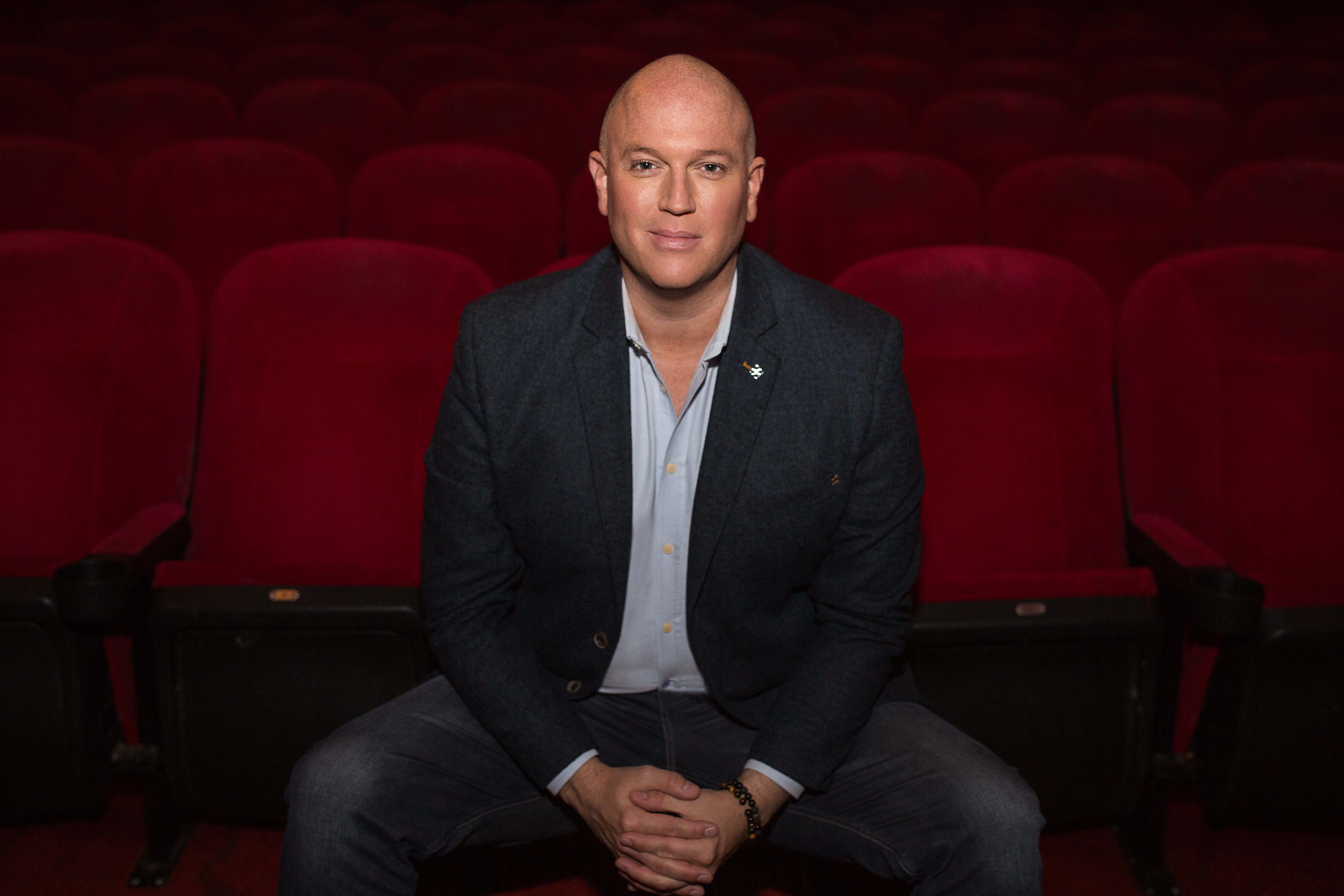Regardless of our gender, each one of us contains both ‘masculine’ and ‘feminine’ energy. We are made up of a blend of unique traits, qualities and characteristics that make us human. In the yogic tradition, feminine energy is the yin, lunar, shakti, or receptive energy that every human has within them. Each one of us also has masculine energy, sometimes referred to as solar, yang, shiva, or active energy.
In the West, patriarchal forces and capitalist power structures have stopped honouring the feminine. We created the perception that the masculine is the only way to be successful – that conquest is the only way to success. Over the years, this bias created unhealthy corporate cultures founded in toxic masculinity. It caused Business to lose its way. The pendulum swung too far towards profit and growth at any cost – putting profit before principles – value before values.
In healthy organisational systems, people want to make a full contribution because they know that they are doing something that will be valued and have an impact as part of a whole – a whole that can achieve things that are more than the sum of its parts.
But when health is absent, so are the people. Individuals who are unsure of their place or their role in the system cannot be fully present and so do not bring their full selves. They withhold something, unconsciously resisting a fuller contribution. Trust and motivation are missing or unreliable.
Trust in business is at an all time low, with only 15% of the global population engaged at work according to a recent Gallup State of the Global Workplace report. In 2014/15, 10 million days were lost in the UK alone to work-related stress, depression and anxiety. It is hard to put a financial figure against the cost to society, but estimates run between £70-100 billion annually.
According to Professor Edgar Schein, there are three levels of culture – artefacts (what is observable), values (what is stated) and underlying assumptions (not stated anywhere but people instinctively follow). Most leaders focus too much on artefacts or values and fail to understand what holds the culture together.
We do not need any more leadership courses to restore health. If we are to know what to preserve and what to change in business, then we need to examine the underlying cultural norms or expectations that are driving the observable behaviour.
For the longest time, we have been told to show up as analytical, rational and driven in order to appear ‘successful’ at work – stereotypically masculine qualities. While deep listening, collaboration, and empathy (feminine) feature in most leadership training programmes, cultural norms back at the office usually dictate that these qualities are not truly valued. It is understandable, therefore, why we might suppress these parts of ourselves in order to fit in and look good at work.
To be clear, this is not about men and women. All of us are at our best when our energies are in balance. Such balance lends itself to compassionate, rational ways of thinking that enhances relationships with others by appreciating different perspectives. It enables us to have strong opinions while holding them lightly. It promotes inclusion and creativity, just as much as delivery and execution.
If we divide human attributes into ‘masculine’ and ‘feminine’ and strengthen only those attributes that ‘belong’ to that sex, we cut off half of ourselves from ourselves as human beings, condemned forever to search for our other half. The world is in desperate need of multilayered human beings with the voices, stamina, and insight to break through our current calcified ways of doing things – Tina Packer
The answers to today’s problems are not to eschew masculinity and over-value the feminine. The answer is for us to get to a stage where we just see these as ‘human’ qualities.


